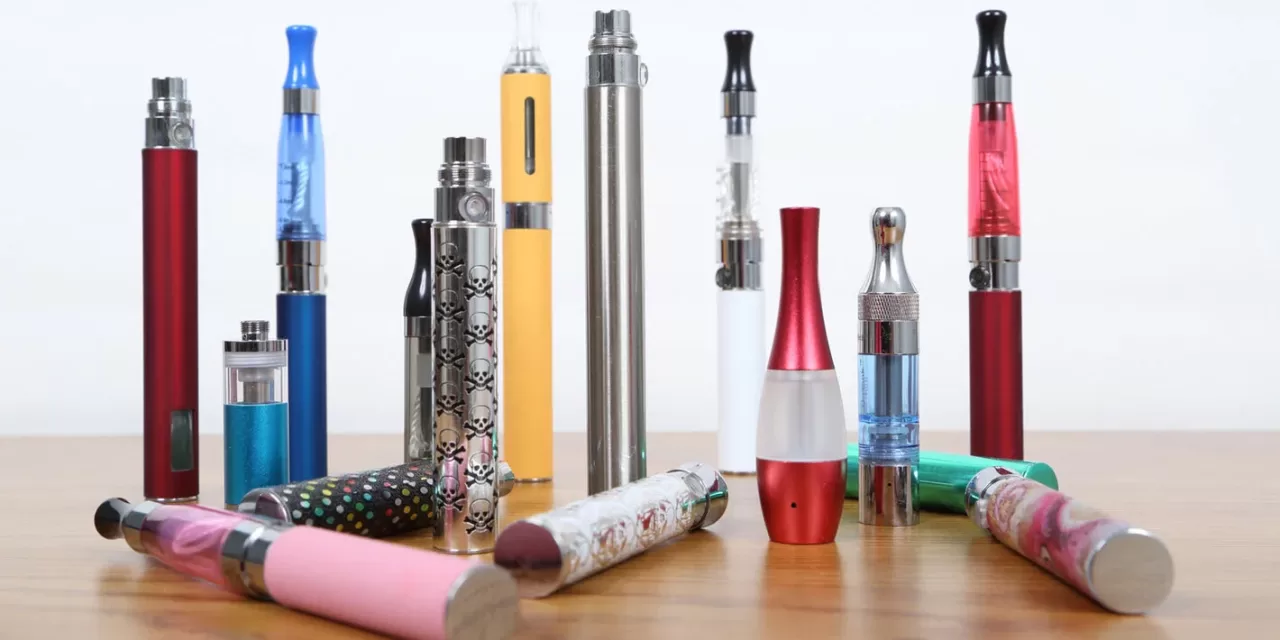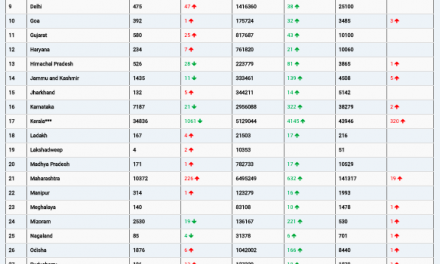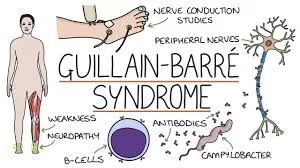In recent years, vaping has surged in popularity as an alternative to traditional smoking, particularly among young adults. Flavored e-cigarettes have played a significant role in this trend, prompting several states to impose restrictions, including flavor bans and increased taxation, in an effort to curb teen vaping.
However, a new study conducted by researchers from the University of Missouri and the Yale School of Public Health has uncovered an unintended consequence of these restrictions. While such measures successfully reduced vaping rates among young adults, they simultaneously led to an increase in traditional cigarette smoking compared to states without similar restrictions.
The findings highlight the complexities of public health policymaking and the potential for unintended effects, according to Michael Pesko, a professor of economics at the University of Missouri’s College of Arts and Science.
“We should always be cognizant that any policy will have unintended effects, especially in the public health space. In this case, our study finds flavored e-cigarette restrictions have the unintended effect of sizably increasing cigarette use,” Pesko explained. “This is not good from a public health perspective because cigarettes are far more dangerous products. It’s the equivalent of steering a ship away from a storm straight into a whirlpool.”
Pesko emphasized that reducing tobacco-related diseases and deaths should remain the primary goal of public health policies.
“One important component to achieving that is to enact policies that shift consumption away from the most harmful tobacco products to less harmful alternatives,” he added. “E-cigarette flavor restrictions, however, appear to have the opposite effect by pushing many individuals toward more harmful tobacco products.”
The study also examined the impact of a more nuanced regulatory approach in Maryland, where menthol-flavored e-cigarettes were exempt from a broader ban on flavored products. Interestingly, in Maryland, both vaping and smoking rates declined, suggesting that carefully crafted policies could mitigate potential negative consequences while achieving public health goals.
The rising popularity of e-cigarettes since 2010 has fueled ongoing debates regarding their regulation. Pesko, who previously worked at the Centers for Disease Control and Prevention, has been studying the issue for years and remains focused on analyzing the impacts of such policies.
The study, titled Flavored E-Cigarette Sales Restrictions and Young Adult Tobacco Use, was published in JAMA Health Forum.
More information: Abigail S. Friedman et al, Flavored E-Cigarette Sales Restrictions and Young Adult Tobacco Use, JAMA Health Forum (2024). DOI: 10.1001/jamahealthforum.2024.4594
Disclaimer: This article is for informational purposes only and does not constitute medical or legal advice. Readers are encouraged to consult health professionals and regulatory bodies for guidance on tobacco use and public health policies.












